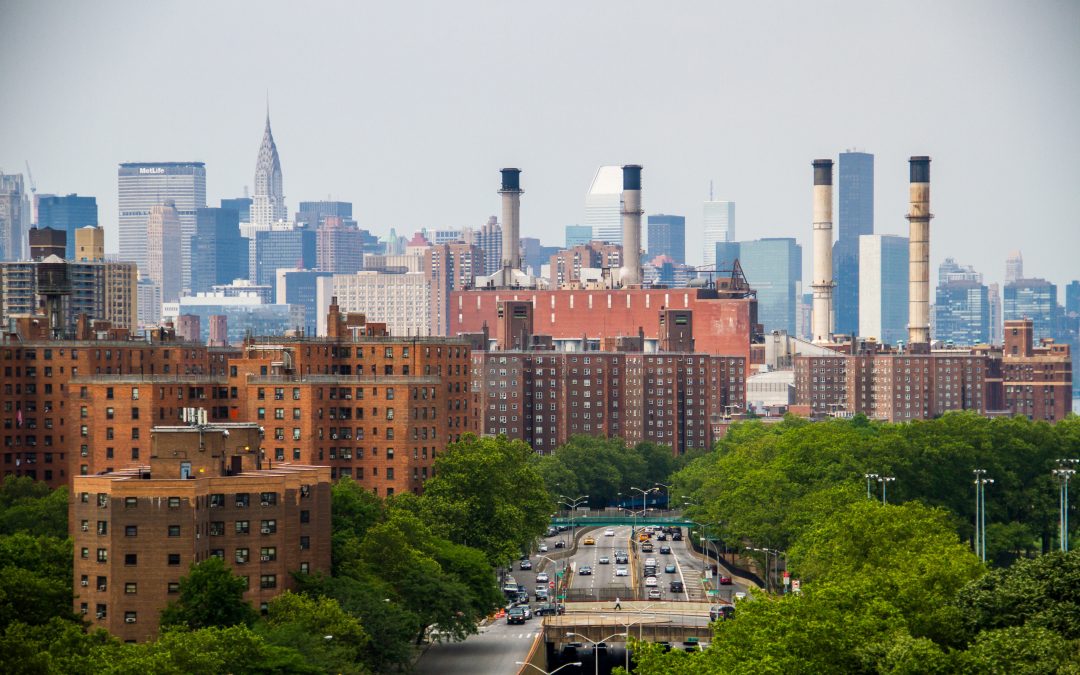New York City Mayor Eric Adams announced new regulations on third-party delivery providers, all aimed at protecting the rights of couriers. Taken from an NYC Department of Consumer and Worker Protection press release, the regulations will force third-party delivery firms to do the following:
- Allow food delivery workers to set limitations on distances they will travel from restaurants and which bridges or tunnels they are unwilling to use;
- Provide upfront disclosure to food delivery worker about route, pay, and gratuities;
- Pay food delivery workers at least once a week;
- Not impose any charges or forms of payment that include any fees; and
- Provide a free insulated delivery bag to a food delivery worker after six deliveries.
The announcement comes after years of organizing by workers groups, including Los Deliveristas Unidos, a group of largely immigrant couriers, prominent among them.
The new laws also require third-party delivery apps to be licensed by the NYC Department of Consumer and Worker Protection (DCWP). The requirement “provides a way to monitor and ensure compliance with our laws, allows for transparency, and provides permanent safeguards for consumers, restaurants, and delivery workers in an area that until now has been largely unregulated,” said DCWP commissioner Peter Hatch in a statement.
The requirement explicitly excludes first-party apps and restaurant websites.
In September 2021, New York Magazine and The Verge reported that some areas in the city, such as the Willis Avenue Bridge, had become hotspots for theft and robberies, and that couriers had begun banding together to make the crossing in an attempt to stay safe. The new regulations will permit couriers to avoid those areas without incurring penalties for canceling a delivery.
The pay transparency rules will give couriers a better understanding of their earnings, and address longstanding concerns around tipping in the delivery industry. Both DoorDash and Amazon Flex have paid millions to settle lawsuits alleging they pocketed a portion of their couriers’ tips.
Beginning in 2022, couriers will now be able to use bathrooms at the restaurants they deliver for. Under the licensing requirement, food delivery platforms will need to make restroom access a part of their contract with restaurants.
The announcement builds on laws passed in 2021 that protect restaurants from various practices of third-party delivery firms. Those laws established a binding commission cap and included provisions for data sharing. Uber, DoorDash and Grubhub have all sued the city in an attempt to block those rules from taking effect. Those lawsuits are ongoing.
Also in late 2021, NYC charged their Department of Consumer and Worker Protection with setting a minimum per-delivery pay for couriers. A study by Los Deliveristas Unidos found that couriers in NYC made an average of $12.21 per hour, well below the city’s minimum wage of $15. That rule will go into effect on January 1, 2023, but the minimum rate has yet to be set.


